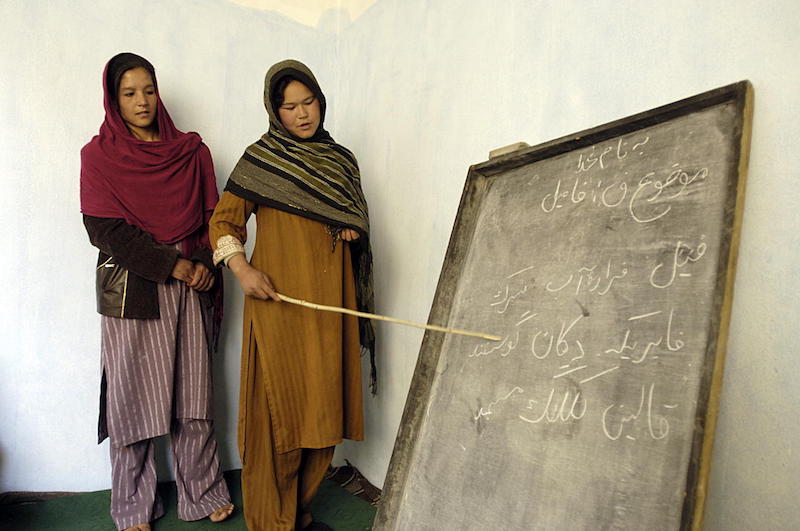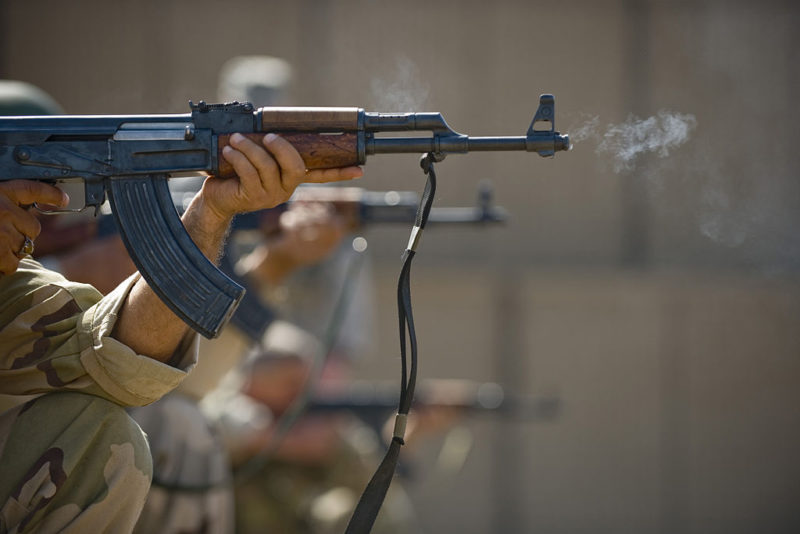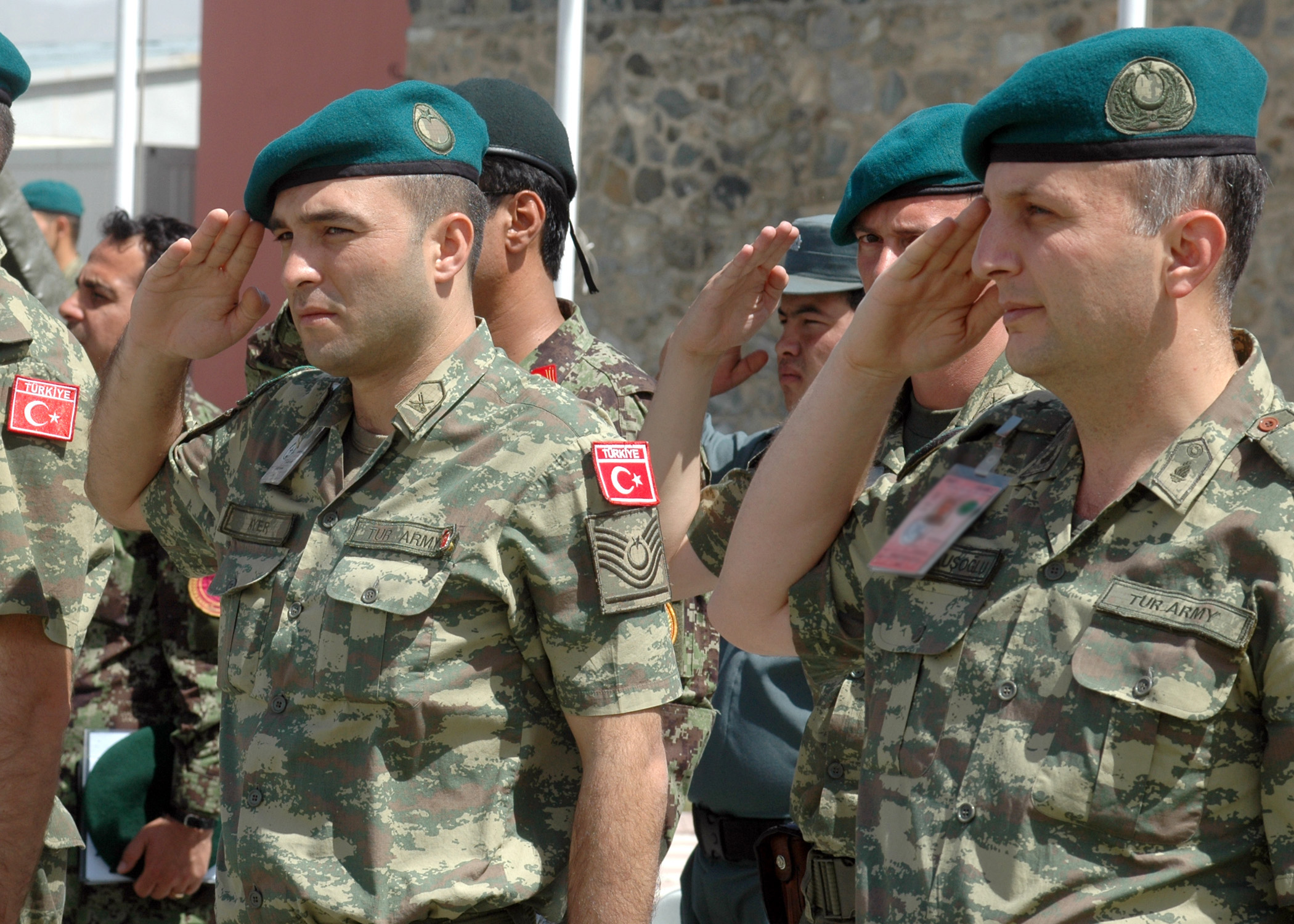Afghanistan still remains a country shattered by more than 30 years of conflict. Its development is challenged by weak protection of human rights and problems in the delivery of essential services, such as education and health care. Nonetheless, progress has been present in improving reproductive, maternal, newborn and child health. There is a big jump from girls not being allowed to leave home without being escorted by a man, to girls being enrolled in schools, and women added to the workforce. The world cannot forget about Afghanistan and its journey to achieve the changes that it is currently experiencing.
In late 2011, the U.S. Agency for International Development announced some astonishing news about progress in health and mortality in Afghanistan. The new findings came from the release of the 2010 Afghanistan Mortality Survey, the largest survey of its kind ever undertaken in Afghanistan. The survey showed that from 2004 to 2010, life expectancy had risen from just 42 years, the second lowest rate in the world, to 62 years, driven by a sharp decline in child mortality. The 2015 Report, “A Decade of Tracking Progress for Maternal, Newborn and Child Survival” further shows the improvements taking place in newborn and child health. Moreover increased literacy rates and higher enrollment rates in educational institutions have a direct influence on health, affecting a person’s ability to navigate the health care system, to interpret health information and to communicate effectively with physicians and other professionals.

Photo: Afghan women in literacy class (2008), by United Nations Photo via Flickr. Licensed under CC BY-NC-ND 2.0.
Disclaimer: Any views or opinions expressed in articles are solely those of the authors and do not necessarily represent the views of the NATO Association of Canada.




